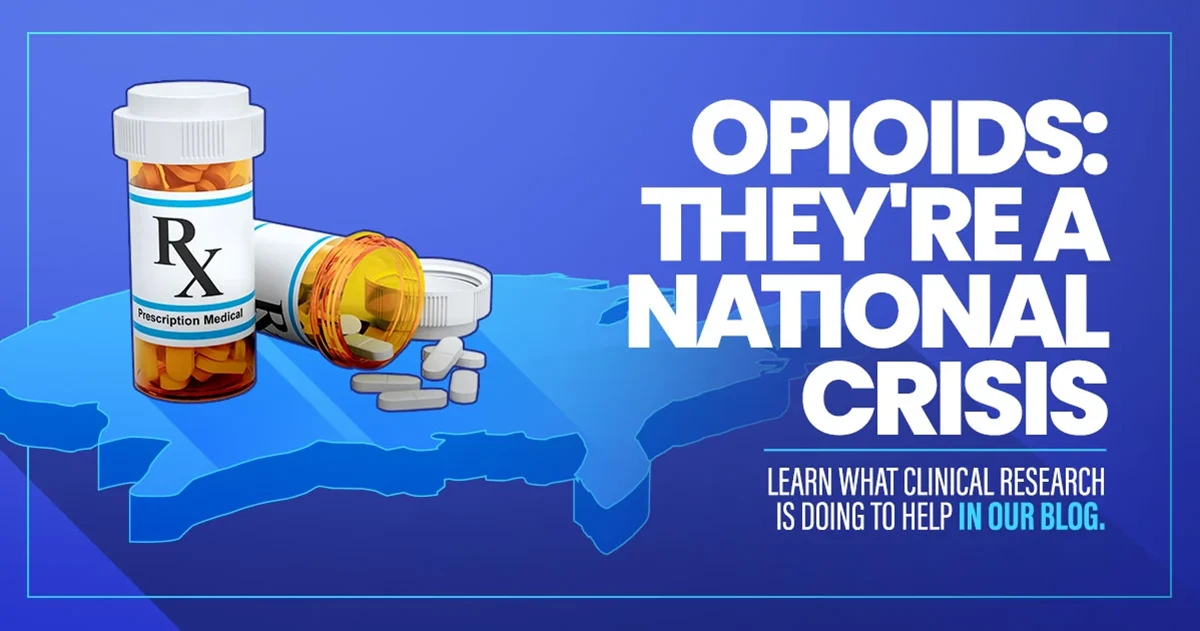The opioid epidemic has cast a dark shadow over the United States, evolving into a national crisis. Opioids, a class of drugs that includes prescription painkillers and illicit substances like heroin and synthetic opioids such as fentanyl, have been a cause of concern for decades. The devastating impact of opioid misuse and addiction on individuals, families, and communities has provoked intense scrutiny, prompting clinical researchers to explore innovative strategies to address this crisis.
Understanding the Opioid Epidemic
The opioid epidemic emerged from a number of factors, including overprescribing pain medications, inadequate patient education about the risks of opioids, and the rise of illegally manufactured and distributed opioids. This perfect storm led to a surge in opioid-related overdoses, deaths, and societal costs. The epidemic took hold, creating a complex and multifaceted challenge that demands a comprehensive approach.
The Role of Clinical Research
Clinical research has emerged as a beacon of hope in the fight against the opioid epidemic. Rigorous scientific investigations have been instrumental in shaping our understanding of the crisis, identifying effective interventions, and devising strategies for prevention and treatment. Researchers are exploring non-opioid pain management options to reduce reliance on opioids for pain relief. These alternatives include physical therapy, cognitive-behavioral therapy, acupuncture, and medical cannabis. Clinical trials help evaluate the safety and effectiveness of these alternatives, providing healthcare providers with evidence-based recommendations for pain management.
Clinical studies have illuminated the risk factors associated with opioid misuse and addiction, allowing healthcare professionals to target prevention efforts better. Genetics, mental health conditions, and a history of substance abuse have been identified as contributors to opioid misuse. This knowledge can help to tailor treatment plans and interventions to address individual needs.

Research has led to the development of medications that can assist in treating opioid use disorder. Medications like methadone, buprenorphine, and naltrexone effectively reduce cravings and withdrawal symptoms, increasing the chances of successful recovery.
Clinical research informs policymakers about expanding addiction treatment services. Studies have shown that increasing the availability of evidence-based treatments in communities can help to reduce overdose rates. These findings advocate for policy changes prioritizing treatment over punishment for those struggling with addiction.
Clinical research is helping educate healthcare providers about responsible opioid prescribing practices. By examining prescription patterns, researchers can identify areas of overprescription and work with medical professionals to implement guidelines that balance pain management with minimizing the risk of addiction. Clinical research efforts also focus on reducing the stigma associated with opioid use disorder. By highlighting addiction as a medical condition rather than a moral failing, researchers aim to encourage individuals to seek help without fear of judgment.
What We’re Doing to Help
The opioid epidemic is a complex crisis that demands a comprehensive approach. As researchers continue to unravel the complexities of the crisis, their insights will pave the way for more effective prevention, treatment, and policy initiatives. By combining the power of research with compassion and empathy, we can work together to overcome the opioid epidemic and heal our nation.
Trovaré Clinical Research is an independent, multi-specialty research facility located in Bakersfield, California. Trovaré is currently enrolling participants for various clinical trials. Qualified participants may see a study doctor at no cost, have access to study medications, and receive compensation for time and travel. Click here to learn more about clinical trials evaluating investigational pain medications for post-op bunion removal, or call us at 661-663-3096.

